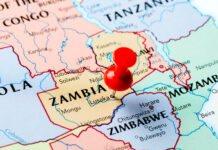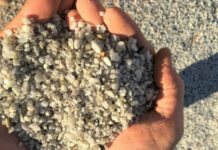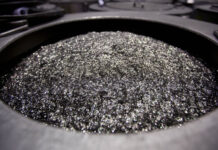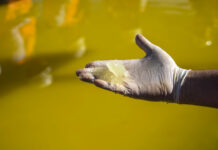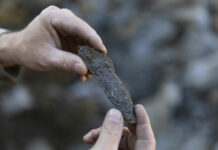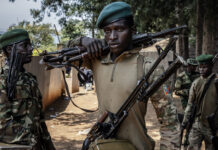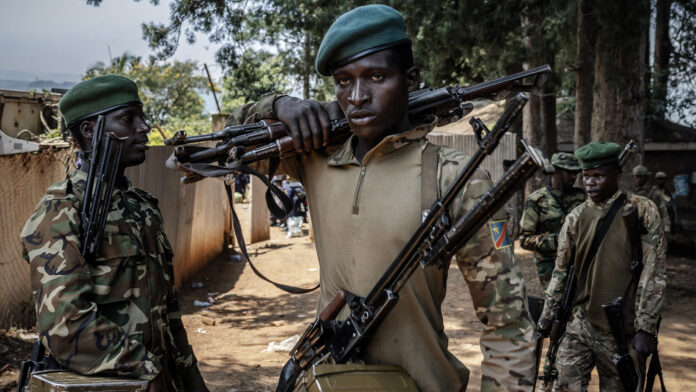
A CONFIDENTIAL United Nations report has identified Rwanda’s Boss Mining Solution as complicit in purchasing minerals smuggled from rebel-controlled areas of Congo, according to a report by Reuters on Friday.
The report marks the first time the world body has named a company involved in such trafficking since Rwandan M23 insurgents seized key mining territories, the newswire said.
The report, submitted to the UN Security Council sanctions committee in early May, documents how Boss Mining bought coltan and other minerals from areas controlled by the M23 rebellion, helping fund an insurgency that has destabilised eastern Congo for decades.
M23 insurgents have swept across mineral-rich territories in eastern Congo, including the Rubaya mining area which produces 15% of the world’s coltan. The metallic ore is processed into tantalum, essential for mobile phones, computers and aerospace applications, said Reuters.
Boss Mining, operated by Rwandan businessman Eddy Habimana, exported at least 150 tons of coltan worth $6.6m in 2024, making it Rwanda’s sixth-largest exporter despite Rwanda producing little of the ore itself.
UN investigators previously identified Habimana as a minerals smuggler connected to eastern Congo rebels. The latest report details how 195 tons of smuggled minerals crossed into Rwanda in just the final week of March, often transported at night “to avoid detection”.
“All materials we buy are in compliance” with international guidelines, Habimana told Reuters in June, denying involvement in purchasing coltan from Rubaya.
Rwanda’s government spokesperson Yolande Makolo said the UN report “misrepresents Rwanda’s longstanding security concerns” about Hutu rebel groups threatening ethnic Tutsis. However, Congolese officials have repeatedly accused Rwanda of fomenting conflict to plunder mineral wealth.
The heavily armed M23 rebels, who share ethnic Tutsi ties with Rwanda’s ruling party, have vowed to overthrow Congo’s government whilst controlling strategic border crossings. Rwanda maintains at least 1,000 troops in Congo, according to the confidential report.
A US-brokered peace agreement signed Friday aims to withdraw Rwandan forces, though M23 remains part of separate Qatar-led mediation talks.






